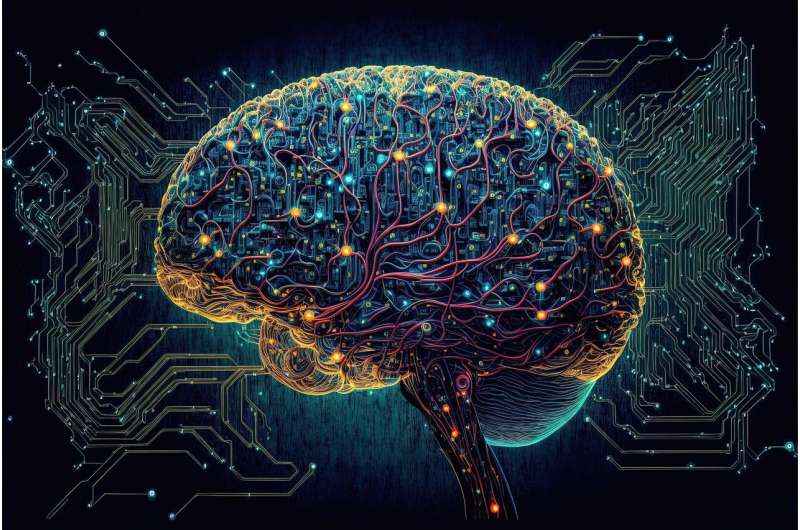Understanding Why Music from Your Teenage Years Evokes Strong Emotions

Explore why music from your teenage years stirs powerful emotions, rooted in brain development, social bonding, and evolutionary history. Discover the science behind nostalgic feelings and emotional responses to adolescent tunes.
Many people find that hearing songs from their adolescence triggers powerful emotional responses, often bringing a wave of nostalgia or intense feelings. This phenomenon stems from how our teenage brains are wired during a critical period of emotional and social development. During adolescence, the brain's limbic system, which governs emotions, is highly stimulated due to hormonal changes, making teenagers more emotionally sensitive and prone to mood swings.
At this stage, teens start to seek independence and prioritize peer relationships, rapidly learning to interpret social cues and forming strong emotional memories associated with safety and danger. This heightened emotional state ensures that significant experiences, such as first love, heartbreak, or social acceptance, are deeply embedded in the brain.
Modern teenage brains, although no longer facing survival threats from predators or hunting, retain a biological wiring to react swiftly and instinctively to emotional stimuli, especially in social contexts. This wiring explains why adolescents are particularly receptive to emotional cues in music, which can communicate feelings beyond words through melody, rhythm, and lyrics.
Music acts as a form of emotional expression and social connection, conveying feelings that words alone may not fully capture. Lyrics tell stories of love, loneliness, or excitement, while melodies and beats evoke mood states. This deep emotional resonance is rooted in our evolutionary past, where early humans likely used musical sounds to communicate urgency and emotional states.
During adolescence, young people often spend hours listening to music, especially during stressful or challenging times. It functions as a tool for emotional regulation, helping teens process complex feelings and find a sense of belonging. The songs that define our youth become a neurological time capsule, associated with the intense emotions experienced during formative years, explaining why they resonate so deeply even decades later.
In essence, the emotional power of teenage music is a result of a combination of biological, psychological, and social factors. It connects us to our past, helping us understand ourselves better and maintain a sense of continuity and identity throughout life.
Stay Updated with Mia's Feed
Get the latest health & wellness insights delivered straight to your inbox.
Related Articles
Impact of Cyberbullying on Adolescent Mental Health: New Research Highlights Risks
New research reveals that all forms of cyberbullying, including social exclusion and gossip, can cause serious trauma in teenagers, underscoring the need for trauma-informed interventions to protect youth mental health.
Effective Program Reduces Stress Among Child Welfare Professionals
A new study shows that the Resilience Alliance intervention effectively reduces secondary traumatic stress and boosts resilience among child welfare professionals, improving their mental health and job retention.
The Impact of Cat Ownership on Brain Chemistry and Bonding
Discover how owning a cat influences your brain chemistry, promotes bonding through oxytocin release, and provides emotional and stress relief benefits for pet owners.
Psychological Interventions Induce Brain Changes That Reduce Chronic Pain
Recent research shows that psychological treatments can induce physical changes in the brain, helping to reduce chronic pain and improve quality of life. Learn how therapies like CBT influence brain networks involved in pain processing.



